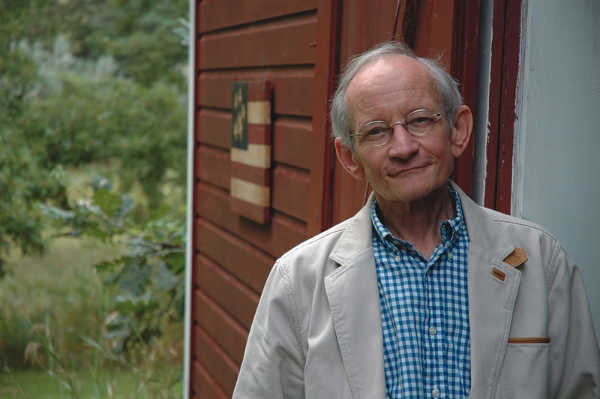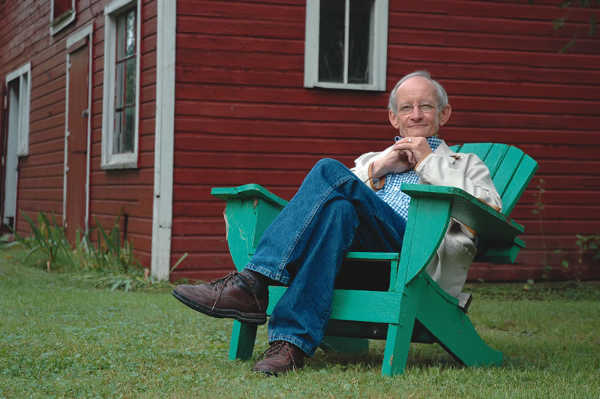- Ted Kooser
- Posted On
American Life in Poetry: Tonight

This week’s column is by Ladan Osman, who is originally from Somalia but who now lives in Chicago. I like “Tonight” for the way it looks with clear eyes at one of the rough edges of American life, then greets us with a hopeful wave.
Editor’s Note: This column (336) is a reprint from the American Life in Poetry archive as we bid farewell to Ted Kooser, and work to finalize the new website and forthcoming columns curated by Kwame Dawes.
Tonight
Tonight is a drunk man,
his dirty shirt.
There is no couple chatting by the recycling bins,
offering to help me unload my plastics.
There is not even the black and white cat
that balances elegantly on the lip of the dumpster.
There is only the smell of sour breath. Sweat on the collar of my shirt.
A water bottle rolling under a car.
Me in my too-small pajama pants stacking juice jugs on neighbors’ juice jugs.
I look to see if there is someone drinking on their balcony.
I tell myself I will wave.
American Life in Poetry does not accept unsolicited manuscripts. It is made possible by The Poetry Foundation, publisher of Poetry magazine. It is also supported by the Department of English at the University of Nebraska, Lincoln. Poem copyright ©2010 by Ladan Osman, and reprinted by permission of the poet. Introduction copyright @2021 by The Poetry Foundation. The introduction’s author, Ted Kooser, served as United States Poet Laureate Consultant in Poetry to the Library of Congress from 2004-2006.








